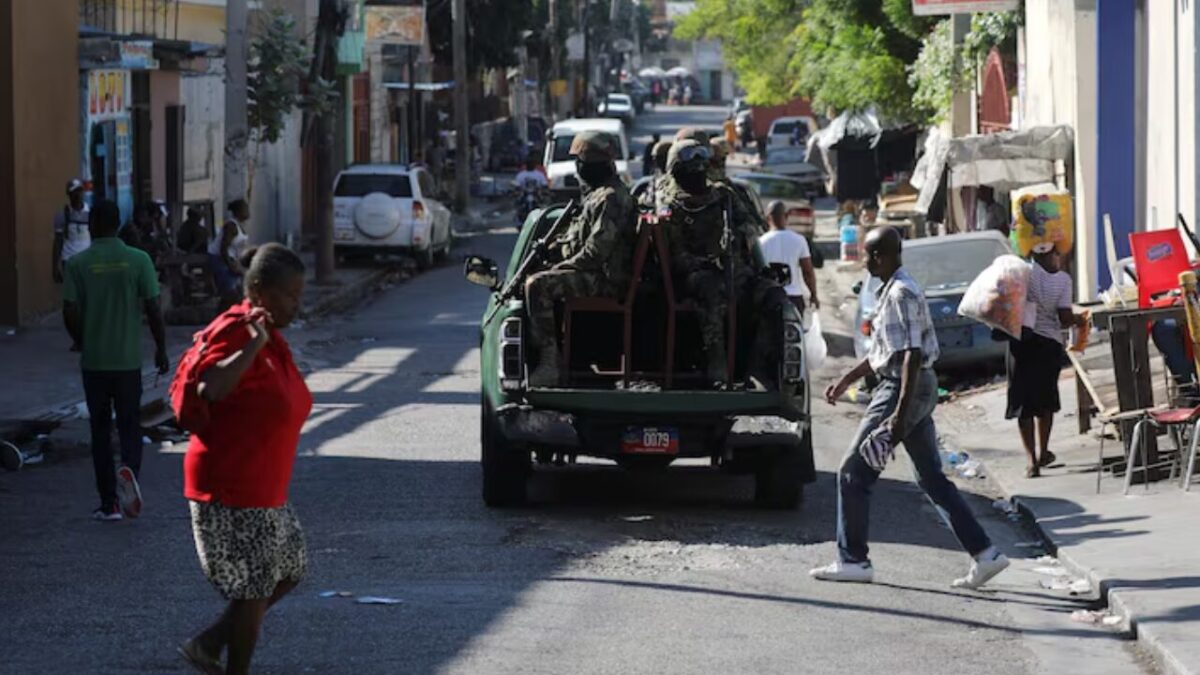Gangs in Haiti say they have received substantial payments and instructions to cause further havoc in the Caribbean nation, highlighting growing challenges for the Kenyan-led Multinational Security Support (MSS) Mission deployed to restore law and order.
Jimmy “Barbecue” Cherizier, leader of the Viv Ansanm gang, revealed that top officials in Haiti have financially backed gangs to ensure the country remains insecure.
The disclosure comes as Kenya awaits a decision on whether its MSS deployment will be extended.
In a statement this week, Barbecue said, “We enjoy good friendship with a section of top leaders here in Haiti and they have paid us well so we can destabilise the country.”
He added that the gangs’ primary aim is to ensure those leaders remain in power. While the Nation cannot name the officials allegedly involved for legal reasons, it possesses a video in which Barbecue details the deals and how his gang has survived in Haiti.
He also revealed that a close associate in the gang leadership meets a top leader almost every weekend.
The revelations coincide with warnings from the United Nations Office on Drugs and Crime (UNODC) about the sophisticated arsenals in the hands of Haitian gangs.
According to the UNODC, gangs now possess Russian AK-47s, US-made AR-15s, and Israeli Galil assault rifles, which surpass the capabilities of Haiti’s police. “A surge in the trafficking of increasingly sophisticated weapons has gripped Haiti since 2021,” the report noted, citing the USA and the Dominican Republic as key sources.
Meanwhile, the Haitian government expressed support for plans by the US to transform the struggling MSS mission into a Gang Suppression Force (GSF) of 5,000 personnel with a permanent support office in Port-au-Prince.
Prime Minister Alix Didier Fils-Aimé, addressing the UN Security Council via video conference, said the GSF is essential to counter gangs dominating Port-au-Prince and other towns.
He stated, “I affirmed the Haitian government’s resolute support for transforming the Multinational Security Support Mission into a strategic force capable of carrying out intensive and targeted operations against armed groups that threaten our country.”
Fils-Aimé emphasized that improved security is key to rebuilding institutions, reviving the economy, and ensuring credible, free, and transparent elections.
The proposal to establish the GSF was introduced by the US and Panama in August during a UN Security Council meeting, and has received backing from several Caribbean and Latin American nations.
Kenya, which has been struggling with limited funding, manpower, equipment, and logistical support, would benefit from the GSF structure should the plan go ahead.

